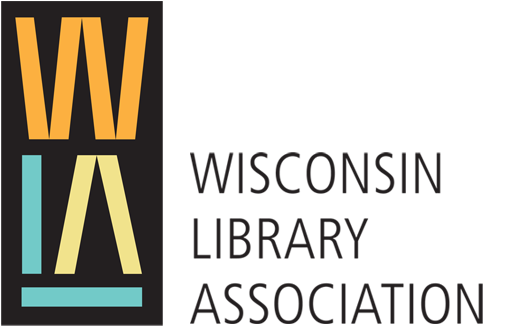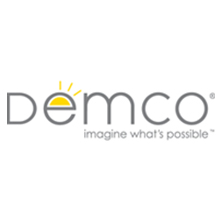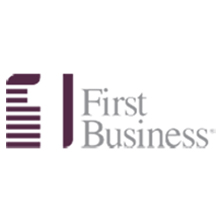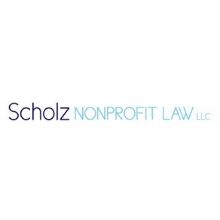- HOME
- ABOUT US
- JOIN
- ADVOCACY
- PROGRAMS/EVENTS
- AWARDS
- UNITS
- Divisions
- Sections
- Roundtables
- Special Interest Groups
- Committees
- FOR MEMBERS
- FOUNDATION
WLA/WEMTA INTELLECTUAL FREEDOM AWARDS(Updated May 2025) Congratulations to the 2025 WLA/WEMTA Intellection Freedom Award Winner: Jone Davis, Library Media Specialist, Northland Pines School District Intellectual freedom, as defined by the American Library Association, is the freedom to express one’s beliefs or ideas through any mode of communication, and the right of unrestricted access to all information and ideas regardless of the medium of communication used. The ALA Library Bill of Rights offers expanded explanations of practices, which promote intellectual freedom. Award Purpose and CriteriaThe WLA/WEMTA Intellectual Freedom Award is administered jointly by the Wisconsin Library Association (WLA) through its Intellectual Freedom Committee and the Wisconsin Educational Media and Technology Association (WEMTA) through its Intellectual Freedom Committee. Up to two WLA/WEMTA Intellectual Freedom Awards can be administered each year: one to a recipient whose work and advocacy encompasses the school setting and one recipient whose work and advocacy encompasses public, academic, or special libraries. Criteria:
Eligibility
This is not an annual award; a recipient is selected only in those years when the committee believes it is merited. The award is presented at the awards ceremony of either the WLA Annual Conference in the fall or the WEMTA conference in the spring depending upon the recipient’s affiliation and/or preference. An announcement of the award or brief formal recognition will be given to the award recipient at the non-presenting conference. Nomination PacketSubmit the nomination form along with the supporting documentation to the WLA MemberClicks system between June 9 - August 1, 2025. SUBMIT A NOMINATION
NOMINATION PROCESSNominations must be received by August 1, 2025. Prepare Your Nomination Download the nomination form questions below. This document lists the questions found on the online nomination form. It is intended to help nominators organize their information before submitting the online form. Nominations must be submitted using the online form above. PAST AWARD RECIPIENTS2025: Jone Davis, Library Media Specialist, Northland Pines School District 2015: Marti Koller, English Department Chair, Baldwin-Woodville High School 2014: Megan Schliesman, Cooperative Children's Book Center, UW- Madison School of Education 2013: Appleton Area School District and School Board for Retaining The Body of Christopher Creed in the Curriculum 2011: Belleville School District Parents and Students Defending Staying Fat for Sarah Byrnes 2010: Dr. Robert W. Smiley, Director of Technology, Waunakee Area School District 2009: Staff and friends of the West Bend Public Library 2007: Helen Adams, retired media specialist, author, advocate 2006: Dee J. Hall, reporter, Wisconsin State Journal, Madison, WI 2003: United States Senator Russell Feingold, Middleton, WI 2001: Irene Cooley, Media Specialist, Barron Senior High School, Barron, WI 2000: Dianne McAfee Hopkins, University of Wisconsin-Madison, Madison, WI 1999: Carolyn Winters Folke, Former Director, Bureau for Instructional Media & Technolgy, Wisconsin Department of Public Instruction 1998: Dr. Nicholas J. Karolides, Chalmer Davee Library, River Falls, WI 1996: Ginny Moore Kruse, Director, Cooperative Children's Book Center, Madison, WI 1995: Hales Corners Public Library, Hales Corners, WI |





